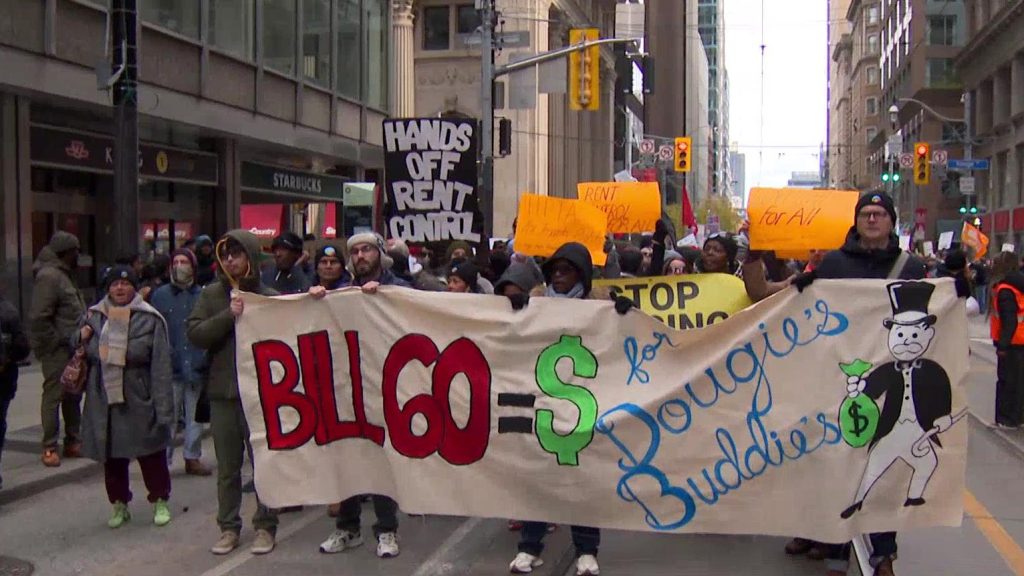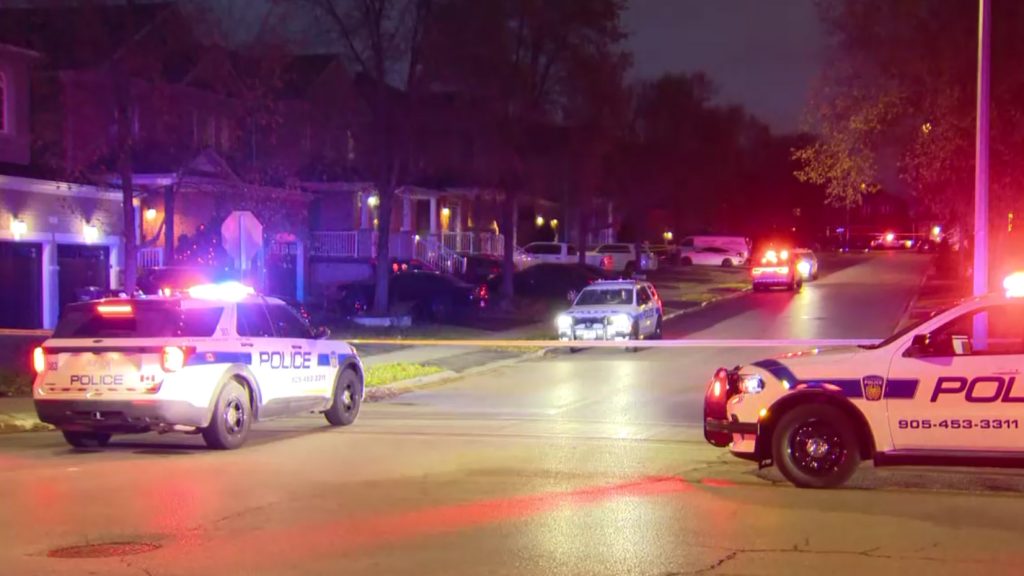On Saturday, a significant rally took place at Queen's Park, where hundreds of tenants and housing advocates gathered to protest against Bill 60, introduced by the Ford government. Critics argue that this legislation will heighten housing instability and worsen homelessness in Ontario.
Bill 60 is designed to expedite decisions that are aimed at increasing the housing supply. However, its opponents emphasize that it poses serious risks for renters. Notably, the bill would prevent tenants from presenting new evidence during hearings at the Landlord and Tenant Board (LTB) and reduce the appeal time from 30 to 15 days. Additionally, it would remove the requirement for landlords to offer a month's rent as compensation when evicting a tenant for personal use of the property.
One of the rally speakers, Chiara Padovani, co-chair of the York South-Weston Tenant Union, expressed deep concerns: “We are here, we are angry, we are pissed off, and we are scared of what is going to happen to us once this bill passes.” She highlighted that the bill would shorten the timeframe for tenants to catch up on rent from 14 days to just 7 days. Furthermore, it tightens eviction processes for late payments, allowing landlords to evict tenants even if they are only slightly overdue on their rent, which is a significant concern given the high cost of housing.
Housing advocates are also alarmed by changes to the LTB hearing process under the new bill. They assert that tenants will be required to pay 50% of what landlords claim is owed before they can defend themselves, which could lead to unfair outcomes. Karen Andrews, a staff lawyer at the Advocacy Centre for Tenants Ontario, warned, “They are going to create messes at the tribunal; there’s gonna be more court work, there’s gonna be more homelessness.”
Currently, officials report approximately 80,000 individuals experiencing homelessness in the province, with projections indicating that this figure could rise to 300,000 over the next decade. Many advocates believe that Bill 60 would significantly contribute to this increase in homelessness.
Despite the criticisms, the province argues that the changes proposed in Bill 60 would actually encourage more property owners to rent out their homes, thereby increasing housing availability while holding accountable those who exploit the system. A spokesperson for the Minister of Municipal Affairs and Housing stated, “Bill 60 restores balance and rebuilds confidence in Ontario’s rental housing market by protecting responsible tenants.” They emphasized that the bill aims to help families who depend on rental income to manage their financial responsibilities, including mortgages and property taxes.
Yarolava Avila Montenegro, the executive director of the Federation of Metro Tenants’ Association, sharply criticized the approach, arguing, “Unlocking housing by throwing people on the street is not a housing solution.”
The opposition New Democratic Party (NDP) has condemned the bill, asserting that it is a strategy to eliminate rent control measures in Ontario, which they believe would lead to widespread evictions. NDP Leader Marit Stiles stated, “We’re going to force a debate once again on a number of important protections for tenants, like bringing back rent control.” She expressed intentions to advocate for the repeal of the legislation once it passes.
Members of Provincial Parliament (MPPs) are scheduled to vote on Bill 60 on Monday, signaling a critical juncture for the future of housing policy in Ontario.












